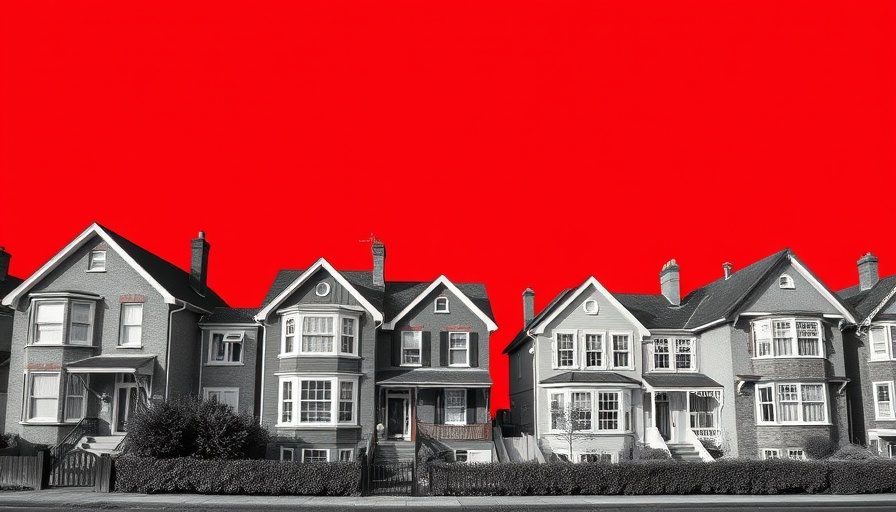
Examining Rachel Reeves' Strategies for Property Tax Increases
As the UK grapples with rising inflation and a cost-of-living crisis, pressure mounts on political figures like Rachel Reeves to explore effective means of revenue generation. Initially met with skepticism, the idea of raising property taxes has resurfaced as a compelling option. This article delves into Reeves' potential strategies for implementing these changes amidst a complex economic landscape.
The Context of Property Taxation in the UK
Property taxes, particularly council tax, have long been a staple of local government funding in the UK. However, as public services face severe budget cuts, calls for reform have intensified. The current system fails to reflect the real value of properties, leaving many households paying a disproportionate share. Raising property taxes could yield the necessary funds for crucial services, but it also risks alienating voters already burdened by financial strain.
Opponents and Supporters: Analyzing Perspectives
A look at opposing viewpoints reveals a deeply divided opinion on tax increases. Critics argue that higher property taxes could exacerbate the housing crisis, pushing more families to the brink of financial instability. Conversely, advocates assert that equitable taxation is essential to sustain public services and alleviate the enormous pressures placed on local councils. This dynamic sheds light on the need for a balanced approach in articulating a plan that garners wide-ranging support.
Potential Benefits of Adjusted Property Taxes
If implemented carefully, an increase in property taxes could invigorate local economies. Councils could invest in community projects, education systems, and social services leading to longer-term benefits. Additionally, adapting the tax structures to consider wealth inequality may not only enhance revenue but also create a more robust social safety net for vulnerable populations.
Future Predictions: Trends in Property Taxation
As the political landscape evolves, the discussion surrounding property taxes may take different lanes. Economic forecasts indicate that stagnant wages coupled with rising living costs could compel more voters to respond favorably to tax increases that promise improved services. This evolving sentiment illustrates the necessity of agile communication strategies by policymakers such as Reeves to emphasize the benefits linked with tax adjustments.
Conclusion
For Rachel Reeves, navigating property tax increases remains a challenging yet potentially transformative avenue. By understanding the socio-economic implications and presenting a clear vision for the future, she can address public concerns while propelling the necessary changes for sustainable funding. The question then becomes: how can these policies be enacted without undermining the trust of constituents?
 Add Row
Add Row  Add
Add 



Write A Comment